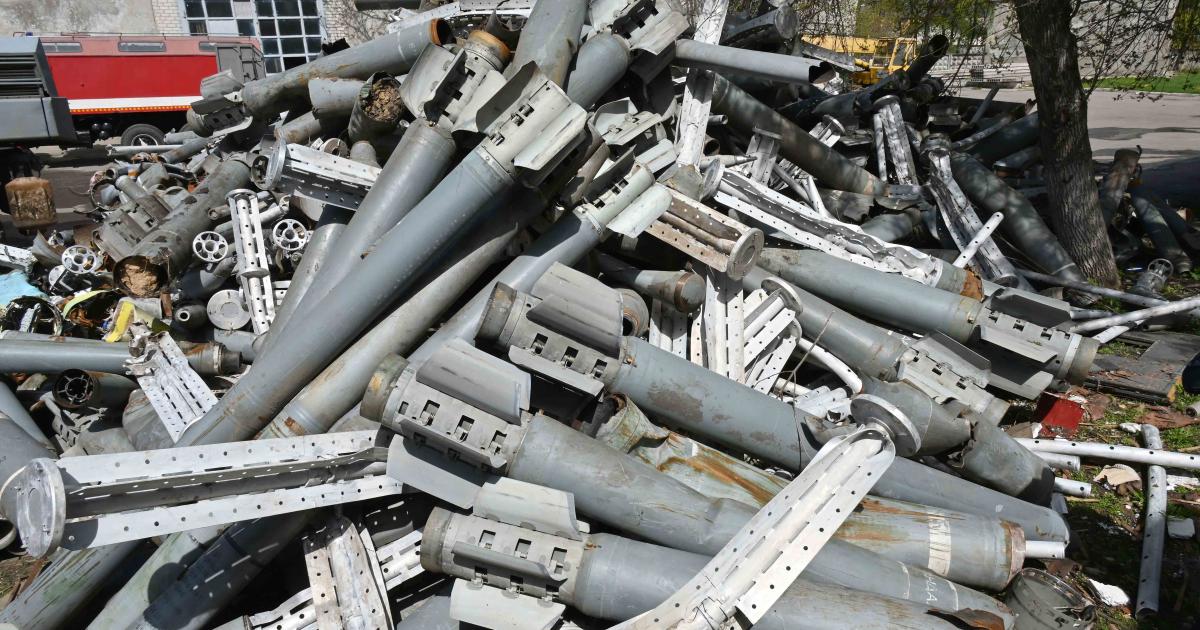According to Foreign Policy, Turkey began shipping dual-purpose improved conventional munitions (DPICMs) to Ukraine in early November. Ankara has attempted to conceal the shipments in order to maintain a neutral image which has served well in negotiating a Black Sea Grain Corridor deal between Kyiv and Moscow.
According to their sources “After the U.S. denied [Ukraine] access to cluster munitions, Turkey was the only place they could get them… It just shows how even as Turkey cozies up to Russia in some respects, it’s become a really important supporter for Ukraine militarily.”
Indeed, the U.S. military is barred from supplying these munitions due to the high dud rate which presents a humanitarian challenge in clearing areas of unexplored ordinance. The U.S. began development of these munitions in the 1950s, eventually incorporating them into artillery, surface-to-surface missiles, and mines. A dual-purpose improved conventional munition (DPICM) is an artillery or surface-to-surface missile warhead designed to burst into sub-munitions at an optimum altitude and distance from the desired target for dense area coverage. The sub-munitions use both shaped charges for the anti-armor role, and fragmentation for the antipersonnel role, hence the nomenclature “dual-purpose”. Some sub-munitions may be designed for delayed reaction or mobility denial (mines). The air-to-surface variety of this kind of munition is better known as a cluster bomb. They are banned by more than 100 countries under the Convention on Cluster Munitions.(wiki)
This revelation of Turkey sending these munitions and most famously, more than fifty TB-2 Bayraktar UAVs, indicates that Ankara has accepted immense geopolitical risk with regards to its relationship with Moscow.
Turkey has rejected several Western pleas to shutdown the Dardanelles and Bosphorus Straits to out of area Russian warships which began accumulating in the Black Sea in late 2021. However, the Turks were not shy of condemning the Russian invasion in February of 2022. This strategic chess playing made Turkey an appropriate negotiating grounds for the 2022 Summer talks to allow Ukrainian grain to flow unmolested from Odessa and other ports.
The revelation of this direct arming of Ukrainian artillery and missile brigades may further sour the relationships between the NATO nation and Moscow, even as Russia receives direct military aid from Iran, North Korea, and possibly China.


